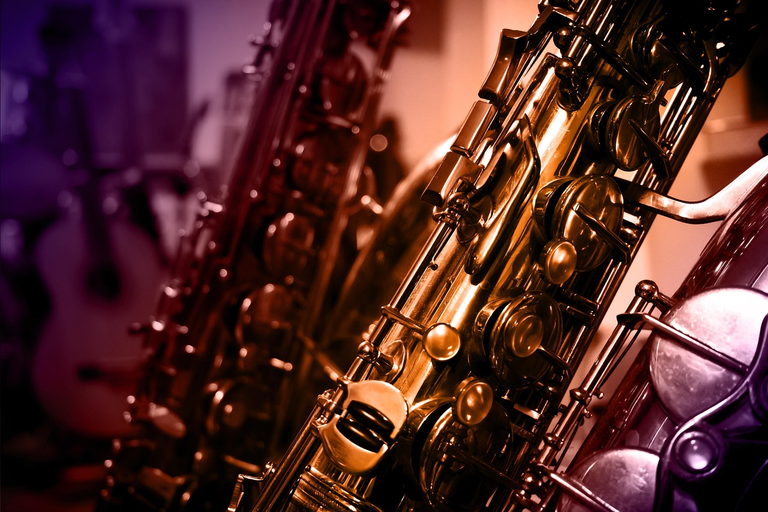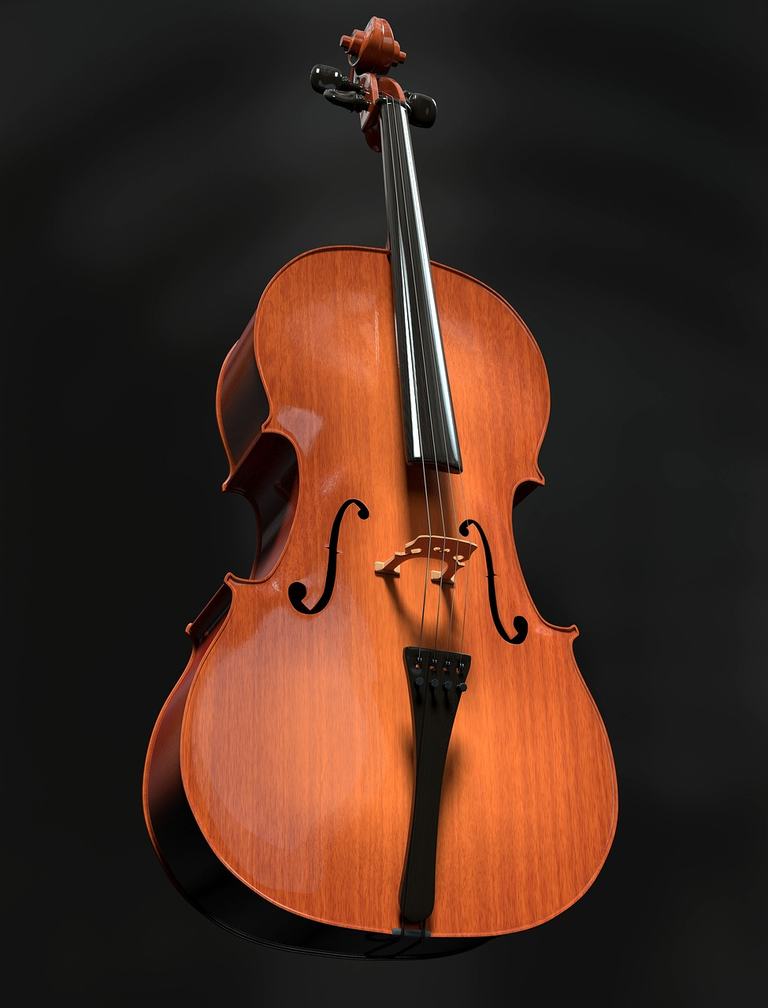Music: A universal language
The statement that music is a universal language resonates deeply and I am sure that everyone can attest to this fact. This is because music has no barrier.
From the child in the womb to the toddler crawling around the parents bedroom to the little child, to the teenager, young adults and even old people, music has an impact that goes beyond the barriers or age, language, traditions, cultures and nations as a whole. Every one can relate to the vibes of music. Music is life and wherever a good one is played, we all see ourselves responding to the sweet rhythms and lyrics.
Music is considered a universal language because:
It transcends the barriers of linguistics. Regardless of the language spoken, music can be appreciated and understood. It has no language barrier. Some days ago, I was in a salon and the speakers were blaring a good music. I didn’t understand what they were singing but I enjoyed the rhythm and beats of the song. In no time I saw myself shaking my head and dancing to the music even though I didn’t understand it. It transcends languages. This is because the rhythms, harmonies, and the different melodies the music produces helps us to relate with it even when there seem to be a language barrier hence transcending that which seem to be a possible barrier.
Evokes emotions. Music is an emotion evoker. Music has a way of finding its way into our emotions and these creates shared experience for the listeners or those participating in it. I once watched two of my colleagues sing and dance to a beautiful tune. The magic and connection they shared was beautiful. Whilst I wasn’t singing with them. I couldn’t help but smile and partake in their joy. We all had a beautiful shared experience courtesy of music. After that experience, I noticed that I was more connected to those two people than we were before. This is simply because music have a way of making people who share similar music taste bond easily. We see this in movies too but beyond movies. It’s real.
Music connects people together, it creates unity and a great sense of community. I find myself connected to people who share same music passion or style with me and the relationships lasts way beyond the shared moments. One of those days, I was singing a song I loved so much and a friend of mine joined me. It had magical lyrics and by the time we were done with the last line of the song, we were beaming with smiles and hugged each other. That’s how powerful music can connect people.
Music bridges the gaps and differences between cultures because it runs like a thread hence acting as a bridge between people of different background and cultures. When you are from a different cultural background and tend to vibe with someone else from another background on their music, the gap seems to be bridged more easily. Just like how the Hausa man in my country would count you a brother is you speak his language.
- Without words, music help us to convey our ideas, feelings and emotions. Sometimes, I don’t feel like talking, I simply convey my thoughts and emotions through music. Someone close by might be able to detect what’s going on in my mind or the way I am feeling through the kind of song or songs that I am singing. When I am happy, I sing happy and vibrant songs and when I am moody, it reflects in my songs too. Music gives voice to our emotions and feelings.


That's the work of music. It helps us convey our emotions, feelings etc. Thanks for sharing